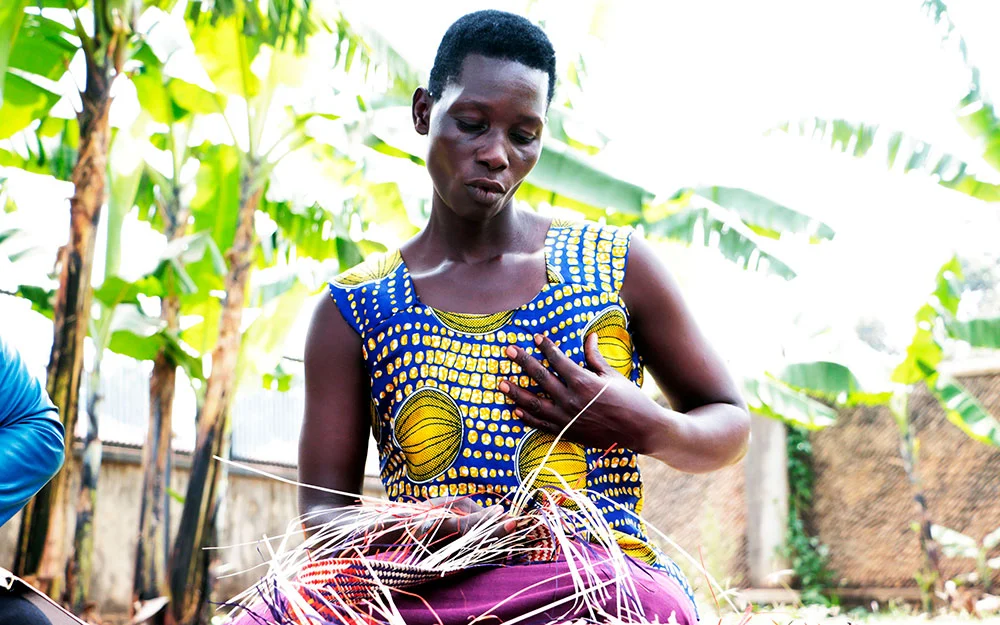Every year in Uganda, 15 000 cancer cases are registered. The most common cancer among women in the country is cervical cancer, followed by breast cancer.
In January 2016, 36-year-old Suzan Akello from Oyam District in northern Uganda became one of those women diagnosed with breast cancer.
Her fight against the disease started when she experienced pain in her left breast. Her local health center was not equipped to conduct a biopsy and therefore referred her to a hospital four hours away that charged 25 000 shillings (about USD 7) for a checkup. Akello could not afford this, so she went to another health center that could not perform the diagnostic tests either. She finally underwent a biopsy at Gulu Hospital in northern Uganda.
“When I was told I had breast cancer, I thought of my children, especially my 3-year-old daughter. I cried and asked the doctor to remove both breasts and not just the sick one, so I could be free from cancer. But the doctor insisted on treating the sick breast only,” recalls Akello.
Every month, Akello traveled to Gulu Hospital, where she stayed for two weeks at a time to receive treatment. She brought her 9-year-old son to help carry her daughter, which meant he had to miss school. The treatment alone cost 80 000 shillings (USD 22), and she spent another 12 000 shillings (USD 3) every day on food for herself and her children.
In May 2017, Akello was referred to Uganda Cancer Institute (UCI) in the city of Kampala for chemotherapy. There, she did not have a bed to sleep on. “I would collect box papers and spread them on the hospital veranda and sleep there at night because there was no room in the ward,” she says.
She was later referred to the Kiota Kona hostel, run by a nongovernmental organization called Patient Relief Mission, which looks after women with cancer. The hostel provides 20 women with food, accommodation and transportation to UCI. Despite her numerous visits to UCI for chemotherapy, Akello’s cancer was aggressive and she unfortunately lost her left breast in November 2017.
UCI registered about 4 000 new cancer patients in Uganda in 2016. Four in every 100 women in Uganda are diagnosed with cancer every year, according to the Kampala Cancer Registry.







